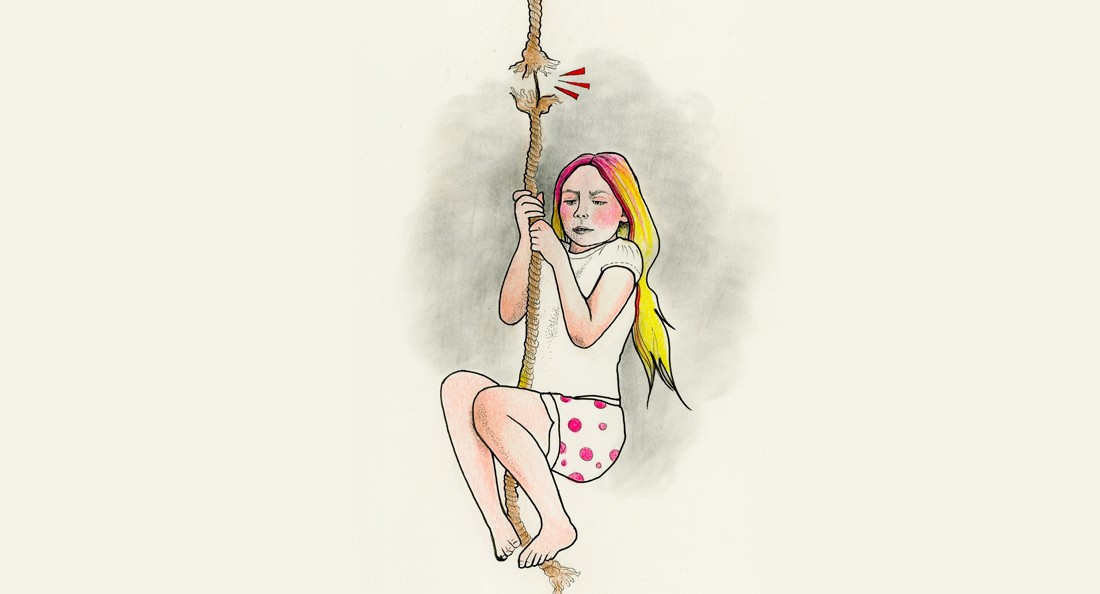Calculating the cost of CFS cuts
New budget cuts could have impacts on care
The Pallister government will cut $108 million to Child and Family Services (CFS) for the 2019/20 fiscal year, according to a press release from the Manitoba Liberal Caucus.
This deduction constitutes approximately a fifth of CFS’s budget from the past year. It will be enacted through the use of a “block funding” model for CFS authorities instead of the current per-child funding model.
CFS has many critics, including advocacy groups that reunite families who have been split unjustly and who support people in or recently out of care. These groups have concerns about where these cuts will be felt and how it will affect care.
Cora Morgan, Assembly of Manitoba Chiefs’ First Nations Family Advocate, says while it is not entirely clear what areas of CFS will be most affected by the cuts, she is concerned about the block funding model.
“One of the things I see as a real issue is that all of our First Nations children are currently under a First Nations agency,” she says. When it comes to the cost of reuniting children in care with their birth families, “the block funding model will create shortfalls for some of the First Nations agencies to have these children returned within their budgets.”
Morgan is also concerned about the child tax credits of children taken off of reserves. Currently, she says, “their child tax credit is captured by the Province of Manitoba” when they go into care.
“Under block funding, they’re allowing the agencies to keep the credit instead of clawing it back, and I think they’re doing that because they know that there will be funding shortfalls caused by this block funding, and the children’s special allowance can be used to mitigate the shortage,” she says.
Morgan also worries that these cuts will mean less support for people aging out of care, who are already in a vulnerable position.
According to the press release, Manitoba Liberal Leader and MLA for St. Boniface Dougald Lamont says “it is shameful the Pallister government is balancing its books on the backs of the most vulnerable people in the province when the amount of time spent by children in care is at a record high and still going up.”
The release also noted that there is a pattern of unreliable CFS policy decisions from the Pallister government, such as when “the Minister (of Families) boasted the government had seen the first reduction of children in care in 15 years, from 10,700 to 10,328.”
“This turned out to be because the PCs had changed the way they counted children in care, as they stopped counting kids in unpaid care,” the release says. “According to the Annual Reports of Manitoba’s Child Welfare Agencies, the number was closer to 11,150.”
Morgan says “there was a time when the Conservatives, the Opposition Critic for Child Welfare was really supportive of the First Nations Family Advocate” during the last year of the former NDP government, but that the measures introduced by the Pallister government have done more harm than good.
She says there is legislation in the works for First Nations to have jurisdiction over First Nations children at a federal level and keep them out of provincial systems.
Marie Christian, the director of Voices, Manitoba’s Youth in Care Network, declined to comment on the cuts until Voices could get feedback from youth in and out of care.
Published in Volume 73, Number 21 of The Uniter (March 14, 2019)







